The education secretary has admitted more specialist teachers will be needed so schools can deliver on a new entitlement to offer triple science to all pupils.
Government accepted a Curriculum and Assessment Review (CAR) call for schools to offer an “entitlement to triple science at GCSE, so that any student who wants to study it has the opportunity to do so.”
But experts say a chronic science recruitment and staffing issues pose a significant issue.
Ministers have pledged to “work with schools to understand the barriers to entry for triple science, including workforce challenges, and support schools to develop a triple science offer, ahead of introducing a statutory entitlement”.
‘More to do on recruitment’
But there is no sign of additional support.
Bridget Phillipson told BBC Breakfast on Wednesday “really good progress” is being made on recruitment and retention, but conceded “there is more to do”.
The policy will have to be “implemented carefully” she said. “We will need more specialist teachers to do it.”
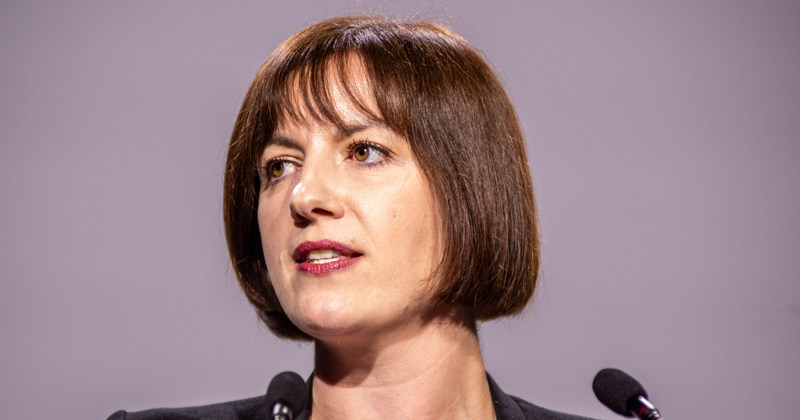
Just 31 per cent of the required physics teachers were recruited into initial teacher training in 2024-25. Chemistry hit just 62 per cent of its target.
Professor Becky Francis, who led the CAR, told Schools Week science teacher supply is “an issue”.
She said the triple science entitlement should be introduced “over a period of time to allow schools to prepare, but also [so] the government finds ways to support that preparation.”
Almost one in 10 state schools (around 9 per cent) do not currently offer triple science, the CAR found. In schools that do, some pupils report being pushed towards taking double science.
The CAR said pupils taking triple science are 3.9 times more likely than their double science counterparts to study science at A-level and 1.8 times more likely to study a science subject at degree level.
Yet around 10,000 fewer GCSE pupils took individual sciences this year, while around 10,000 more opted for the double science award – which rolls all three subjects together and is worth two GCSEs.
‘More barriers to tackle’
Laura Daly, education programme manager at the Royal Society of Chemistry (RSC), added: “Unless we tackle the barriers around attainment, timetabling, and teacher resourcing, making triple science available but not mandated to all will likely still result in access shaped by postcode.”
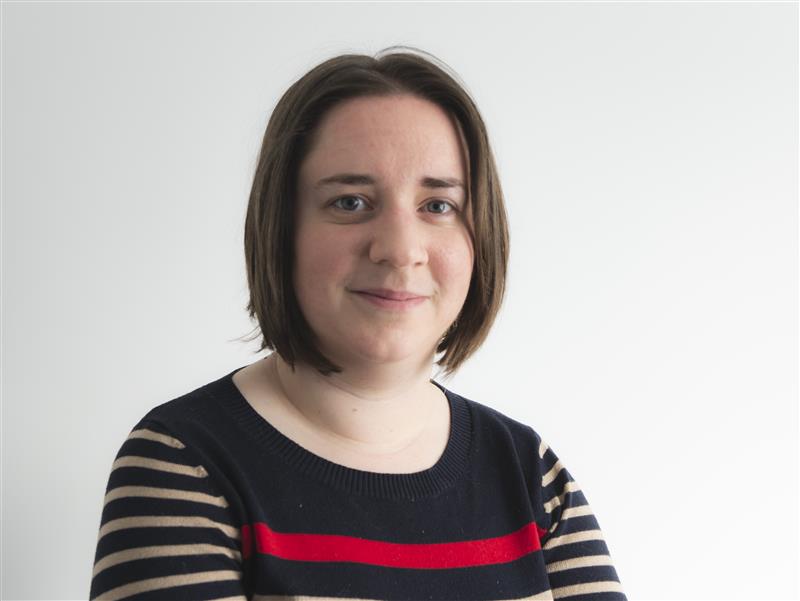
She estimated many schools “will need to recruit more than one additional member of staff”.
But already, around 45 per cent of physics teachers, 28 per cent of chemistry teachers, and 12 per cent of biology teachers teaching GCSE pupils had no relevant post-A level qualification.
Pav Aujla, Creative Education Trust’s quality of education leader for science, added “limited curriculum time” also poses a problem.
“If we truly want students studying triple content to engage deeply – including through practical science – they need at least ten hours a fortnight. But this, of course, carries financial implications that cannot be ignored.”


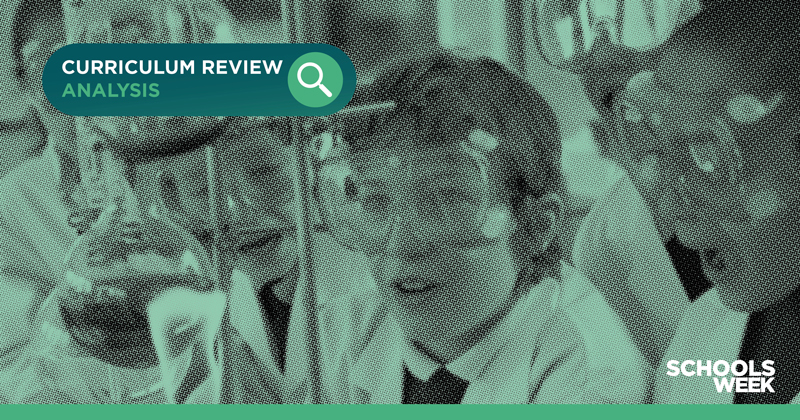









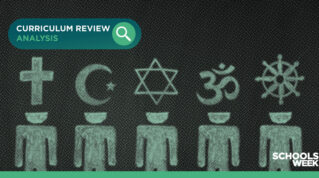
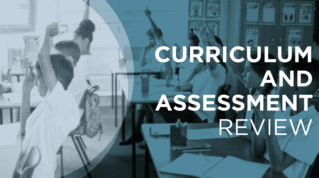
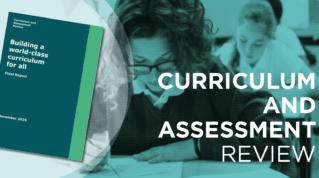

Your thoughts